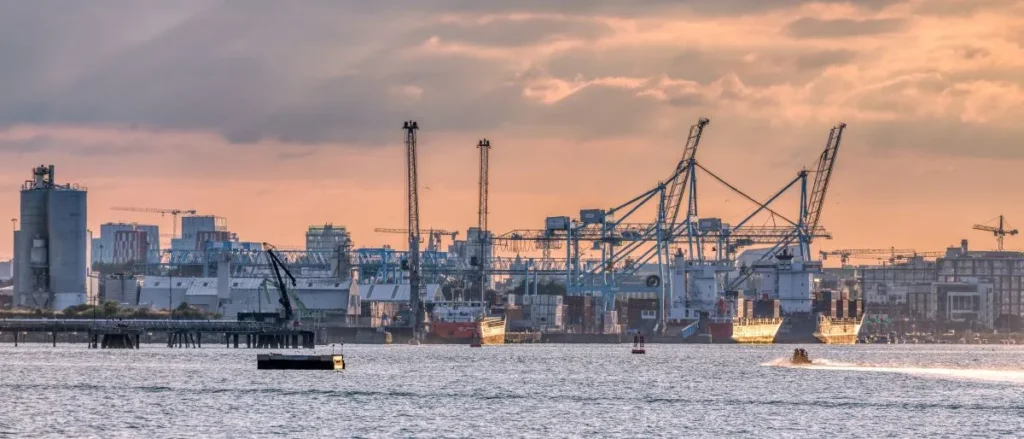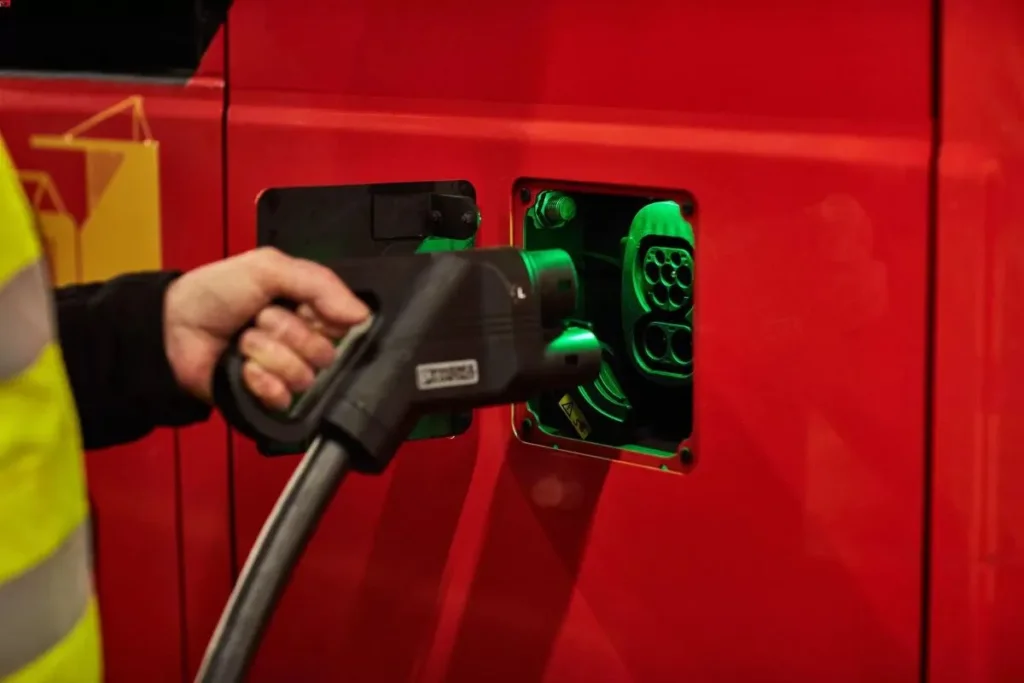Mark Delaney, FourKites’ Vice President of Industry Strategy, Retail & CPG, says that much like has been the case in Europe, US convenience retailers are looking at implementing PUDO points:
“Many [convenience stores] are looking at offering additional services such as parcel pick-up points or financial services to generate additional revenue streams. There’s also a tremendous opportunity to use customer data to improve loyalty and margins. By understanding customer purchasing behaviour, convenience stores can offer personalised add-ons, which drives loyalty and profitability,” says Delaney.
Tech is also playing a role in the evolution of US convenience store logistics, as Delaney explains:
“Smart shelving, equipped with sensors, plays a crucial role in keeping the inventory streamlined; it automatically detects when a product is running low and triggers an alert for restocking. In conjunction with inventory data, digital signage is used for dynamic pricing, allowing stores to adjust prices in real-time based on demand, time of day or inventory levels. Meanwhile, convenience stores are also capitalising on the e-commerce wave by integrating their inventory with online platforms. By doing so, they not only enable customers to make purchases online but also facilitate swift deliveries, which are becoming increasingly essential.”
Meanwhile, another area where further change is expected in the US convenience store market concerns mergers and acquisitions.
Chris Kelly, Vice President of Retail at Connors, believes there will be more M&A activity as store chains seek to unlock synergies by scaling up their logistics operations.
“We’re also seeing significant consolidation, much like the grocery market. Companies are seeking economies of scale and increased buying power. For example, consider many consolidations and acquisitions in the industry. This consolidation can lead to various supply chain efficiencies, like better negotiation power with suppliers, optimised distribution networks, improved inventory management, and reduced operating costs. I fully expect extensive M&A activity to continue within the fuel and convenience space,” says Kelly.
Photo: Ajay Suresh from New York, NY, USA, CC BY 2.0, via Wikimedia Commons



